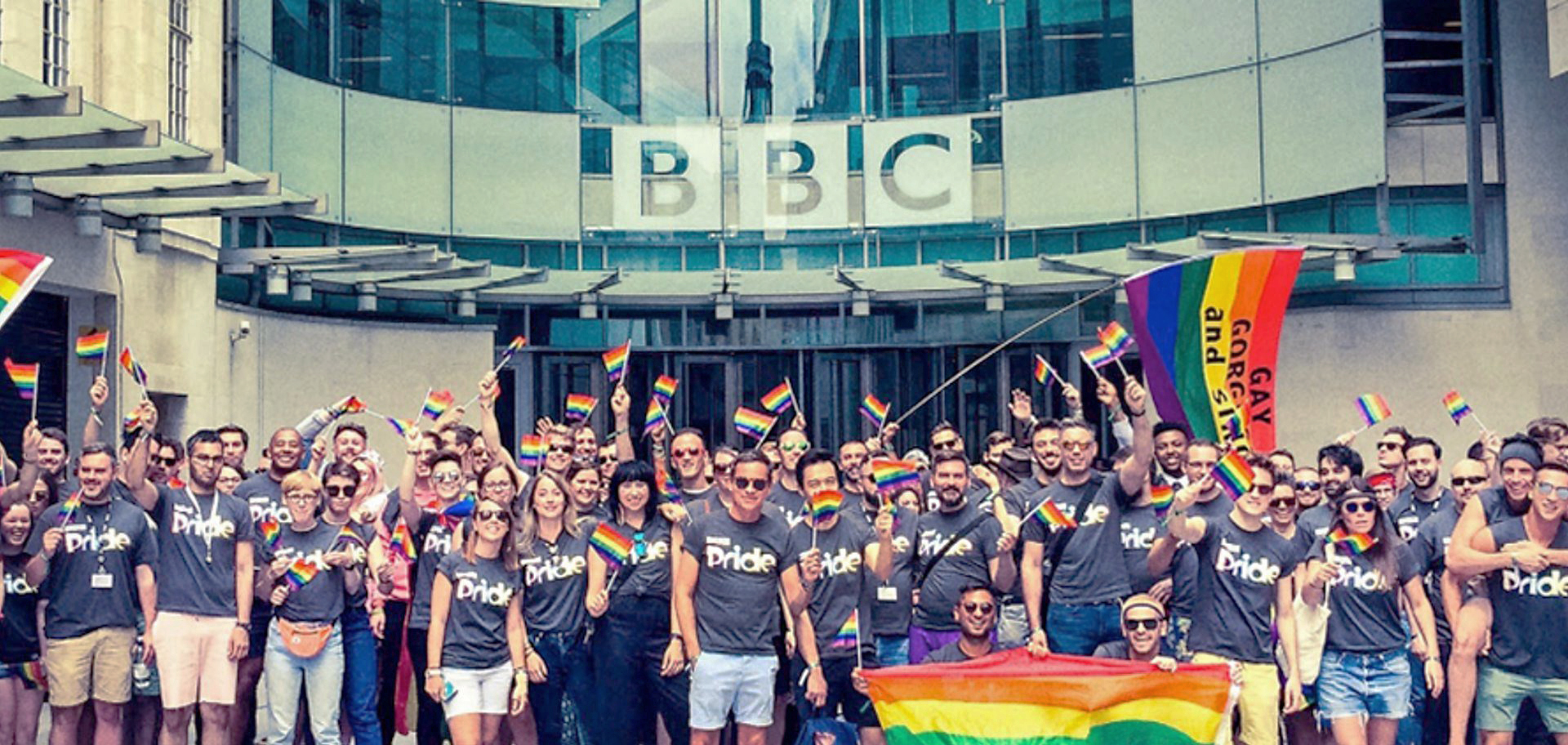When the BBC announced today that, “After careful consideration, we believe it is time to step back from the Diversity Champions Programme and will also no longer participate in Stonewall’s Workplace Equality Index,” sighs of relief could be heard around the corporation. Many lesbians, feminists and gay men had become sick and tired of the dominance of transgender ideology, and increased pressure to use pronouns on email sign offs and capitulate to various demands of the handful of transgender staff whilst being expected to side-line their own needs had become intolerable.
When Ruth Hunt was applying for the role of CEO of Stonewall in 2014, she requested a meeting with me. I was a little surprised and perplexed: I have never been a fan of Stonewall, and had written a book, published that same year in which I criticised the organisation for focusing on wealthy, white gay men bleating about ‘tolerance’ and ‘acceptance’. I considered Stonewall to be a gay men’s rights movement, in which lesbians barely featured. I could never have imagined at that time how much worse it was to become.
During our meeting, which was perfectly pleasant, Hunt explained to me that she had “no intention” of Stonewall becoming a LGBT organisation, and was planning to, if she got the job, help support transgender organisations to autonomously fight for their rights by accessing funding and giving advice and mentoring.
Fast forward a few weeks, and, as soon as she was in post, Hunt held a meeting with several trans activists during which she apologised about my nomination for Journalist of the Year in 2008, at which there was a huge protest by trans activists on the grounds that I am seen as a transphobic bigot.
I am not suggesting that Hunt misled me during our meeting when she said Stonewall would remain focussed on sexual orientation and identity as opposed to gender, but I wonder if she allowed herself to be ‘persuaded’ by the individuals in that meeting that to exclude the T would bring trouble to her door. This was in the context of brewing animosity about the unreasonable demands being put forward by some trans activists, and the trans rights movement was well on the march.
Whatever happened in that meeting that led to Stonewall changing direction. It soon adopted intransigent, strong-arm tactics. Its “No Debate!” catchphrase and the uncompromising, dictatorial mantra, “Trans women are women” alienated lesbians and gay men. They felt pushed aside by trans activists who argued that same-sex attraction was transphobic bigotry, and that lesbians can have penises. Gay men and lesbians began to turn against the organisation, feeling betrayed.
At the same time, as well as having no advocacy from an organisation that had supposed to be about protecting the rights of same-sex attracted people, Stonewall captured massive institutions that played a huge part in our lives, including the BBC, the NHS, the Office for National Statistics, the Crown Prosecution Service, much of the Police Service, and a number of workplaces including local authorities.
In extricating itself from Stonewall today, has the BBC, a treasured institution, lead the way for other public bodies to follow suit? No other lobbying organisation, particularly ones that refuses to even discuss differences of opinion on matters of public importance, should ever get that close again.











Join the discussion
Join like minded readers that support our journalism by becoming a paid subscriber
To join the discussion in the comments, become a paid subscriber.
Join like minded readers that support our journalism, read unlimited articles and enjoy other subscriber-only benefits.
Subscribe